Are you considering applying for a personal loan in Singapore? Before you do, it’s important to understand the eligibility criteria that lenders use to determine whether you qualify for a loan. Meeting these requirements will increase your chances of getting approved and help you avoid wasting time on applications that are unlikely to succeed.
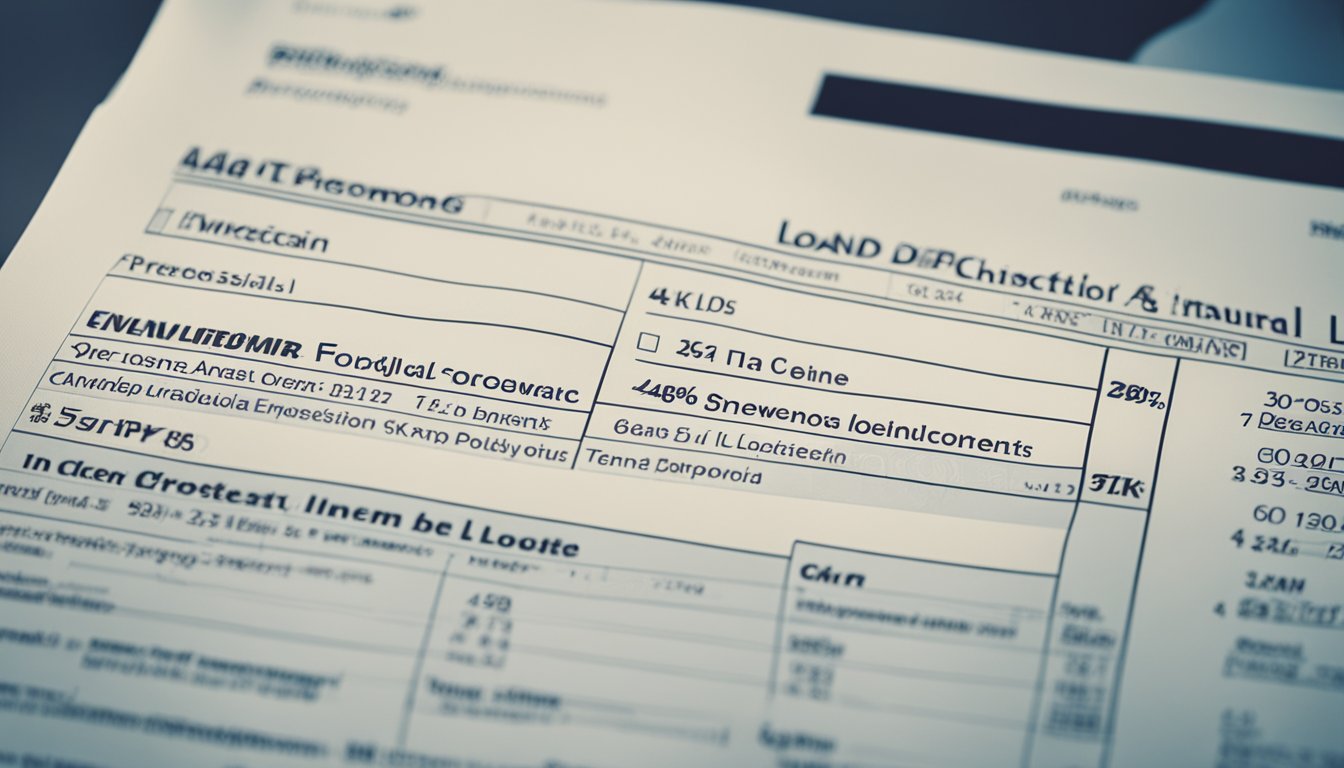
To help you get started, we’ve put together a checklist of eligibility criteria for personal loans in Singapore. Keep in mind that specific requirements may vary between lenders, so it’s always a good idea to check with each individual institution before applying. However, this list should give you a good idea of what to expect and help you prepare your application. So, let’s dive in and take a closer look at the eligibility criteria you need to meet to qualify for a personal loan in Singapore.
2 Min Read: Personal Loan Eligibility Checklist
Before applying for a personal loan in Singapore, ensure you meet these key eligibility criteria:
| Checklist Item | Description |
|---|---|
| Age Requirements | Must be at least 21 years old, with some lenders requiring older ages and possibly having a maximum age limit. |
| Minimum Income Levels | Most lenders require a minimum annual income, typically around $20,000 per year, but some may have higher income requirements. |
| Employment Status | Singapore citizens or permanent residents must be employed full-time or part-time. Foreigners must have a valid employment pass and be employed full-time. |
| Residency Status | Must be a Singapore citizen, permanent resident, or a foreigner with a valid employment pass. Some lenders may require a minimum residency period. |
| Financial Requirements | Maintain a good credit score and history by paying bills on time and in full. Manage existing debts and liabilities responsibly. |
| Documentation for Application | Proof of identity (NRIC or passport). Proof of income (latest payslip or CPF statement). Address proof (utility bill or bank statement). |
Understanding Personal Loans in Singapore
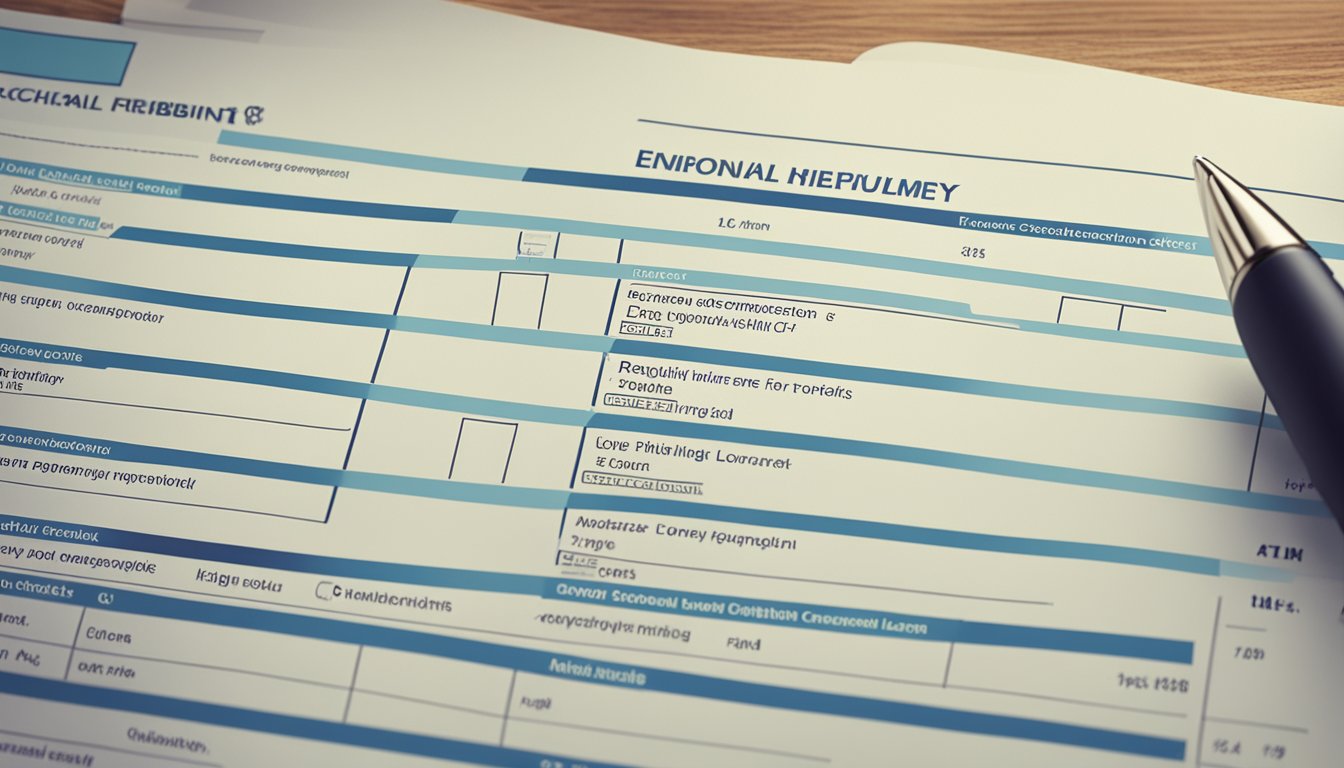
If you are in need of some extra cash, a personal loan can be a great option to consider. Personal loans are unsecured loans, which means that you don’t need to provide any collateral to secure the loan. This makes personal loans a popular choice for people who don’t have any assets to pledge as collateral.
Types of Personal Loans
There are several types of personal loans available in Singapore. The most common types are term loans, revolving loans, and personal lines of credit.
- Term loans are loans that are repaid over a fixed period of time, usually between one and five years. These loans have a fixed interest rate and monthly payment.
- Revolving loans are loans that allow you to borrow money up to a certain limit. You can borrow and repay money as many times as you want, as long as you don’t exceed the limit. These loans have a variable interest rate.
- Personal lines of credit are similar to revolving loans, but they typically have a higher credit limit and a lower interest rate. You can borrow and repay money as many times as you want, as long as you don’t exceed the limit.
Pros and Cons of Personal Loans
Before you decide to take out a personal loan, it’s important to consider the pros and cons.
Pros
- Flexible use of funds: You can use the money from a personal loan for almost anything, from paying off credit card debt to financing a home renovation.
- No collateral required: You don’t need to provide any collateral to secure a personal loan.
- Fixed interest rate: If you choose a term loan, you’ll have a fixed interest rate and monthly payment. This can make it easier to budget and plan your finances.
Cons
- Higher interest rates: Personal loans typically have higher interest rates than secured loans, such as home equity loans.
- Fees and charges: Some personal loans come with fees and charges, such as application fees, processing fees, and early repayment fees.
- Risk of default: If you’re unable to repay your personal loan, you could damage your credit score and face legal action.
Overall, personal loans can be a great way to get the money you need, but it’s important to consider the pros and cons before you apply. Make sure you understand the terms and conditions of the loan, including the interest rate, fees, and repayment schedule.
Eligibility Criteria for Personal Loans
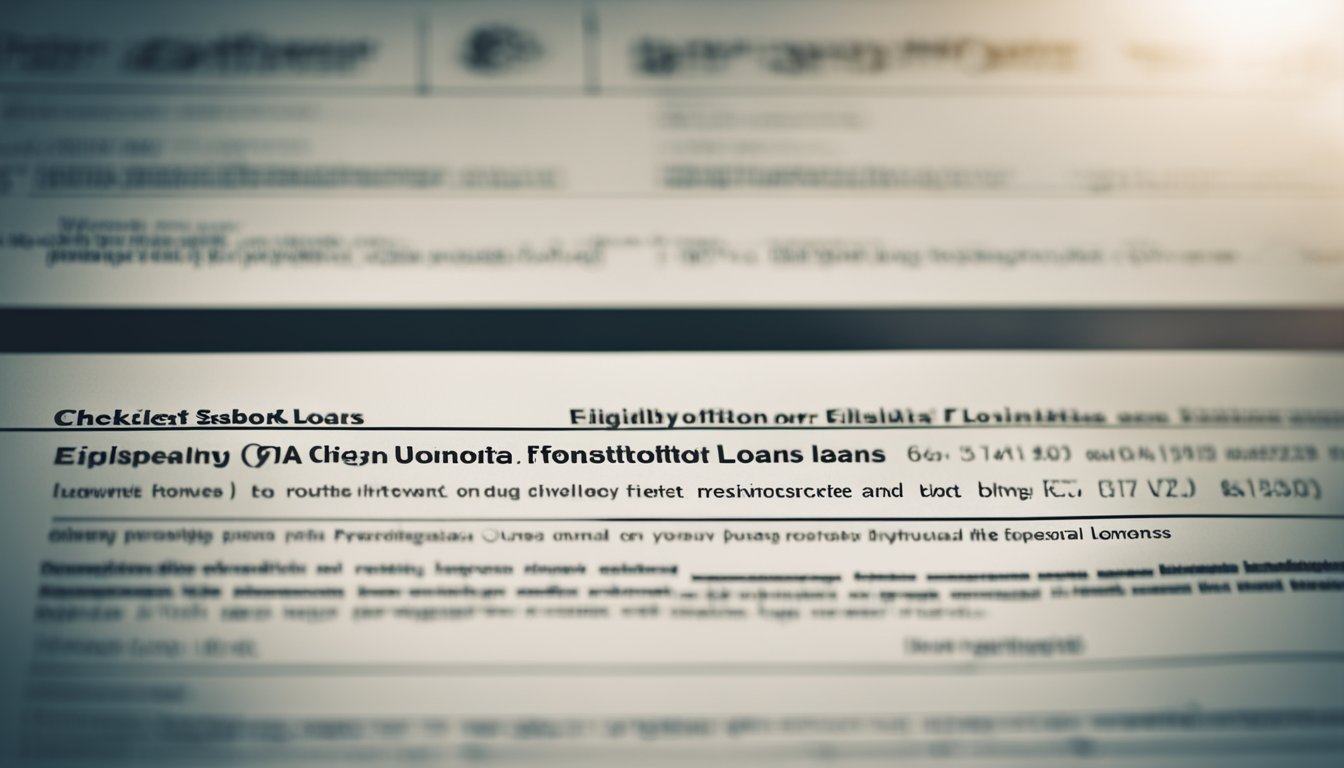
If you’re planning to apply for a personal loan in Singapore, you need to meet certain eligibility criteria. Here are the key factors that lenders consider when assessing your application.
Age Requirements
To be eligible for a personal loan in Singapore, you must be at least 21 years old. Some lenders may require you to be older, such as 25 or 30 years old. Additionally, some lenders may have a maximum age limit, such as 60 or 65 years old.
Minimum Income Levels
Most lenders in Singapore require you to have a minimum income to be eligible for a personal loan. This income requirement varies from lender to lender, but it’s typically around $20,000 per year. However, some lenders may require a higher income, such as $30,000 or $50,000 per year.
Employment Status
Your employment status is also an important factor when it comes to personal loan eligibility. If you’re a Singapore citizen or permanent resident, you must be employed full-time or part-time. If you’re a foreigner, you must have a valid employment pass and be employed full-time.
Residency Status
To be eligible for a personal loan in Singapore, you must be a Singapore citizen, permanent resident, or a foreigner with a valid employment pass. If you’re a foreigner, some lenders may require you to have been living in Singapore for a certain period of time, such as six months or a year.
In summary, to be eligible for a personal loan in Singapore, you need to meet certain age, income, employment, and residency requirements. Keep in mind that these requirements may vary from lender to lender, so it’s important to check with each lender to see if you meet their eligibility criteria.
Financial Requirements
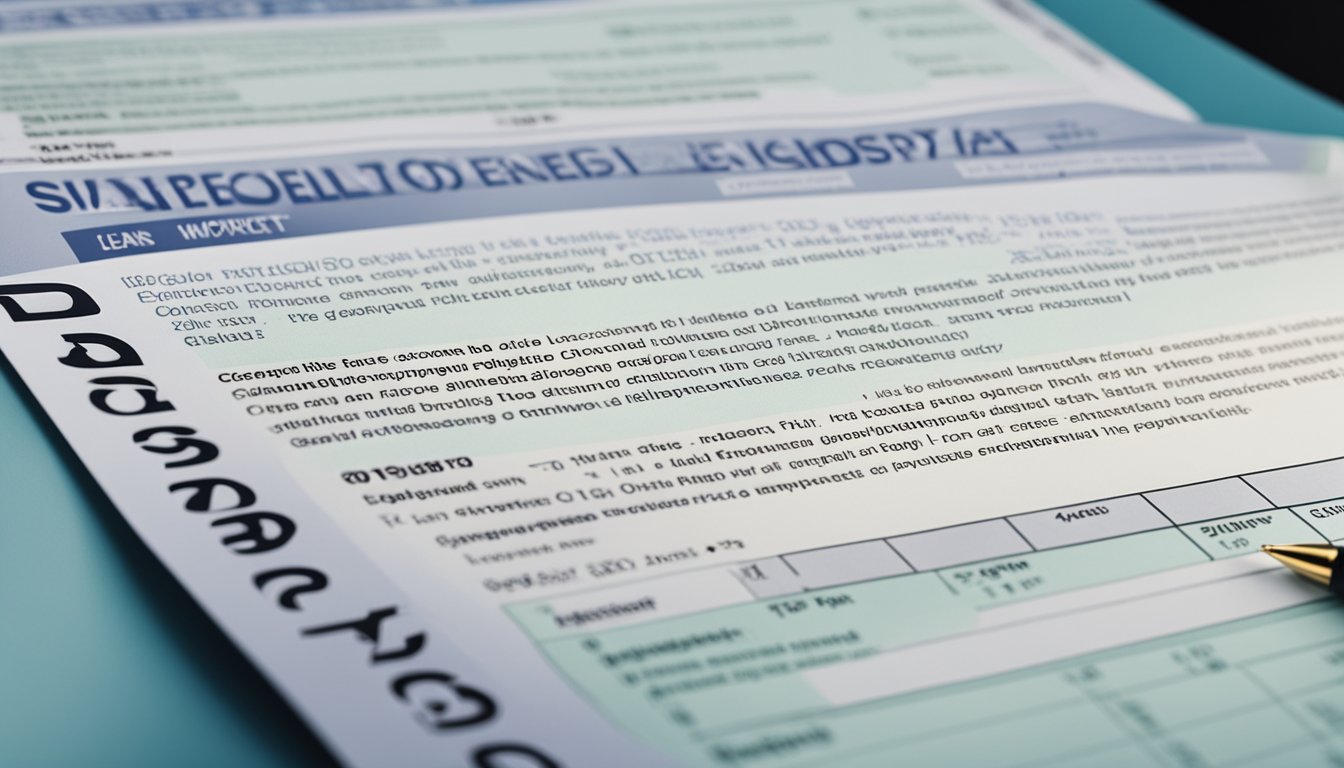
To be eligible for a personal loan in Singapore, you need to meet certain financial requirements. These requirements help lenders assess your ability to repay the loan. Here are the two main financial criteria that you need to meet:
Credit Score and History
Your credit score and history play a significant role in determining your eligibility for a personal loan in Singapore. A credit score is a numerical representation of your creditworthiness, based on your credit history. The higher your credit score, the more likely you are to be approved for a personal loan.
To maintain a good credit score, you should ensure that you pay your bills on time and in full. Late payments or defaults can negatively impact your credit score and make it difficult for you to get a personal loan.
Existing Debts and Liabilities
Lenders will also look at your existing debts and liabilities when assessing your eligibility for a personal loan. If you have too much debt, it may be difficult for you to repay the loan.
If you have multiple debts, you may want to consider debt consolidation. Debt consolidation is a process of combining all your debts into one loan with a lower interest rate. This can make it easier for you to manage your debts and improve your chances of getting approved for a personal loan.
You should also ensure that you pay your credit card bills on time and in full. Unpaid credit card bills can negatively impact your credit score and make it difficult for you to get a personal loan.
Loan Specifics in Singapore
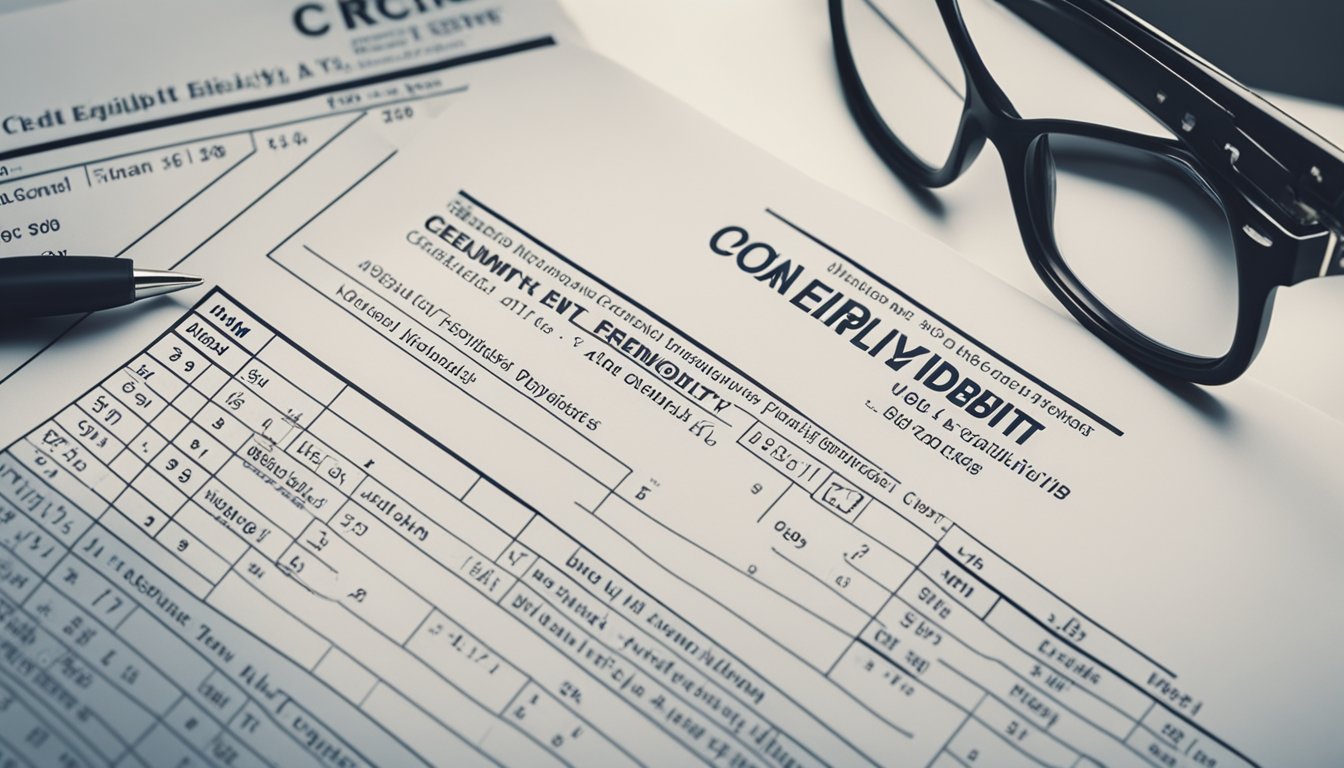
If you’re planning to take out a personal loan in Singapore, it’s important to understand the loan specifics to ensure that you meet the eligibility criteria. Here are some key factors to consider:
Interest Rates and Fees
Interest rates and fees are important factors to consider when taking out a personal loan. The interest rate is the percentage of the loan amount that you will be charged for borrowing the money. In Singapore, personal loan interest rates typically range from 3.5% to 8% per annum.
In addition to the interest rate, you should also consider any processing fees or other fees associated with the loan. Processing fees are typically a percentage of the loan amount, ranging from 1% to 3%. Some lenders may also charge other fees, such as early repayment fees or late payment fees.
Loan Amount and Tenure
The loan amount and tenure are also important factors to consider when taking out a personal loan. The loan amount is the amount of money that you can borrow, and it typically ranges from $1,000 to $200,000 in Singapore.
The loan tenure is the length of time that you have to repay the loan. In Singapore, personal loan tenures typically range from 1 year to 5 years. However, some lenders may offer longer tenures of up to 7 years.
Repayment Terms
When taking out a personal loan, it’s important to understand the repayment terms. The repayment period is the length of time that you have to repay the loan, and it typically ranges from 12 months to 60 months in Singapore.
You should also consider the repayment schedule, which is the frequency at which you will make payments. Some lenders may require monthly payments, while others may offer bi-weekly or quarterly payments.
Overall, it’s important to carefully consider the loan specifics when taking out a personal loan in Singapore. By understanding the interest rates, fees, loan amount, tenure, and repayment terms, you can ensure that you meet the eligibility criteria and choose the best loan for your needs.
Applying for a Personal Loan

If you have decided to apply for a personal loan in Singapore, you need to know the eligibility criteria and what documents are required for the loan application. This section will guide you through the process of applying for a personal loan.
Required Documentation
When applying for a personal loan, you will need to provide the following documents:
- Proof of identity: You will need to provide your NRIC or passport.
- Proof of income: You will need to provide your latest payslip or your CPF statement.
- Address proof: You will need to provide a utility bill or a bank statement showing your current address.
Loan Approval Process
After submitting your loan application and required documents, your lender will process your application. The approval process usually takes a few days. During this time, the lender will verify your documents and check your credit score. If your application is approved, the lender will contact you to discuss the loan terms and conditions.
In some cases, the lender may request additional documents or information before approving your loan application. It is important to provide all the requested documents and information to avoid delays in the loan approval process.
Once your loan application is approved, the lender will disburse the loan amount to your bank account. You can then use the loan amount to meet your financial needs.
Remember, before applying for a personal loan, make sure you meet the eligibility criteria and have all the required documents. This will increase your chances of getting your loan application approved.
Tip: Boost Your Approval Chances with a Strong Credit Score
Eager to enhance your chances of swift personal loan approval? Elevate your credit score! Lenders in Singapore highly value a solid credit history, so taking steps to bolster your creditworthiness can significantly impact your loan application. Start by paying bills on time, reducing outstanding debts, and ensuring your credit report is error-free.
Additionally, if possible, hold off on applying for multiple loans simultaneously, as it may raise concerns among lenders. A stellar credit score not only expedites the approval process but also opens doors to more favorable interest rates.
Stay financially savvy, and watch your credit score soar, making your personal loan application a seamless success!
Choosing the Right Lender
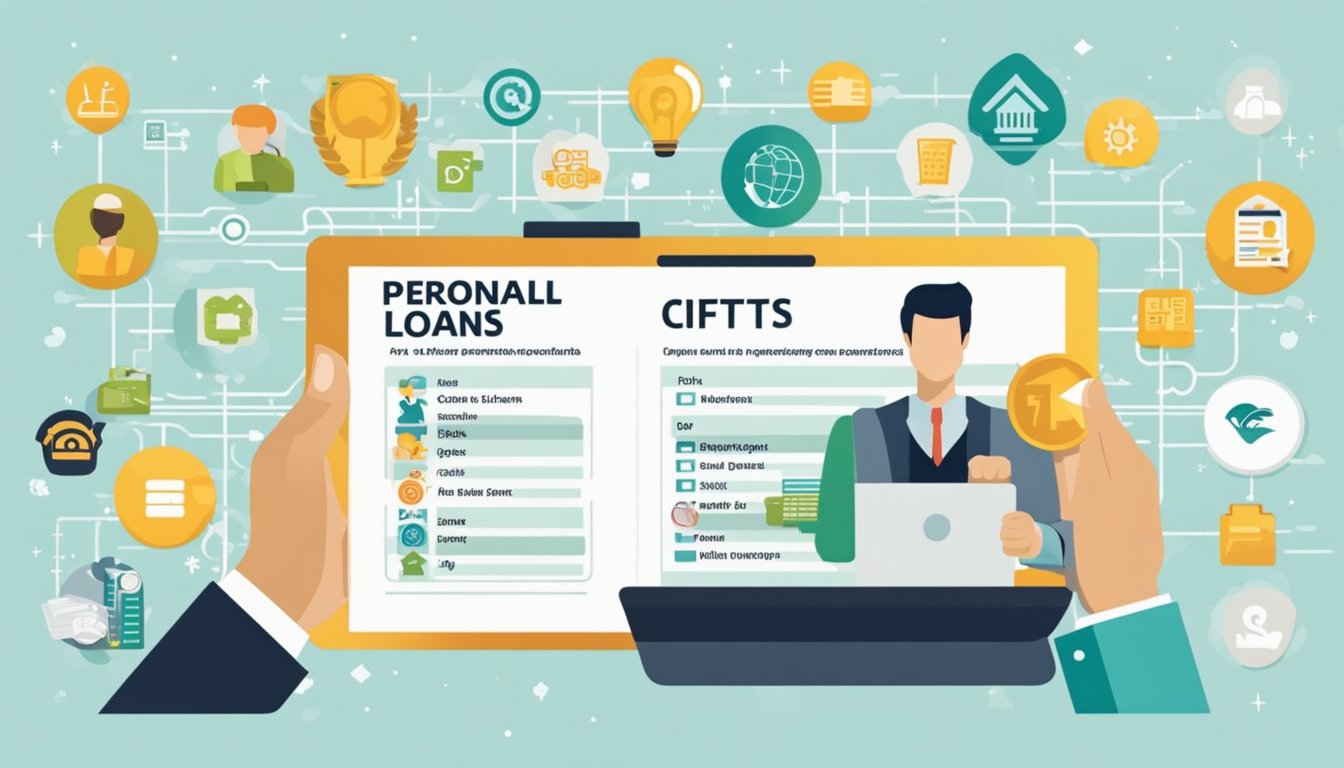
When it comes to personal loans in Singapore, choosing the right lender is crucial. Here are some things to consider when deciding on a lender.
Banks vs Licensed Moneylenders
First, you need to decide whether to go with a bank or a licensed moneylender. Banks typically offer lower interest rates and more favourable terms than licensed moneylenders, but they also have stricter eligibility criteria. Licensed moneylenders, on the other hand, are more flexible and can offer loans to individuals with poor credit scores. However, they also charge higher interest rates and fees.
Evaluating Lender Reputation
Once you have decided on a bank or licensed moneylender, it is important to evaluate their reputation. Look for lenders with a good track record and positive customer reviews. Check if they are registered with the Ministry of Law’s Registry of Moneylenders or the Association of Banks in Singapore. This will help you avoid scams and unscrupulous lenders.
Comparing Loan Offers
Before committing to a lender, it is important to compare loan offers from different lenders. Look at the interest rates, fees, repayment terms, and other terms and conditions. Use loan marketplaces like Roshi to compare loan offers from different lenders in one place. Some of the popular banks in Singapore that offer personal loans include HSBC, UOB, DBS, OCBC, CIMB, Standard Chartered, and Citibank Quick Cash.
Remember to choose a lender that meets your needs and offers favourable terms. By doing your research and comparing loan offers, you can find the right lender and get the best deal on your personal loan.
Additional Considerations
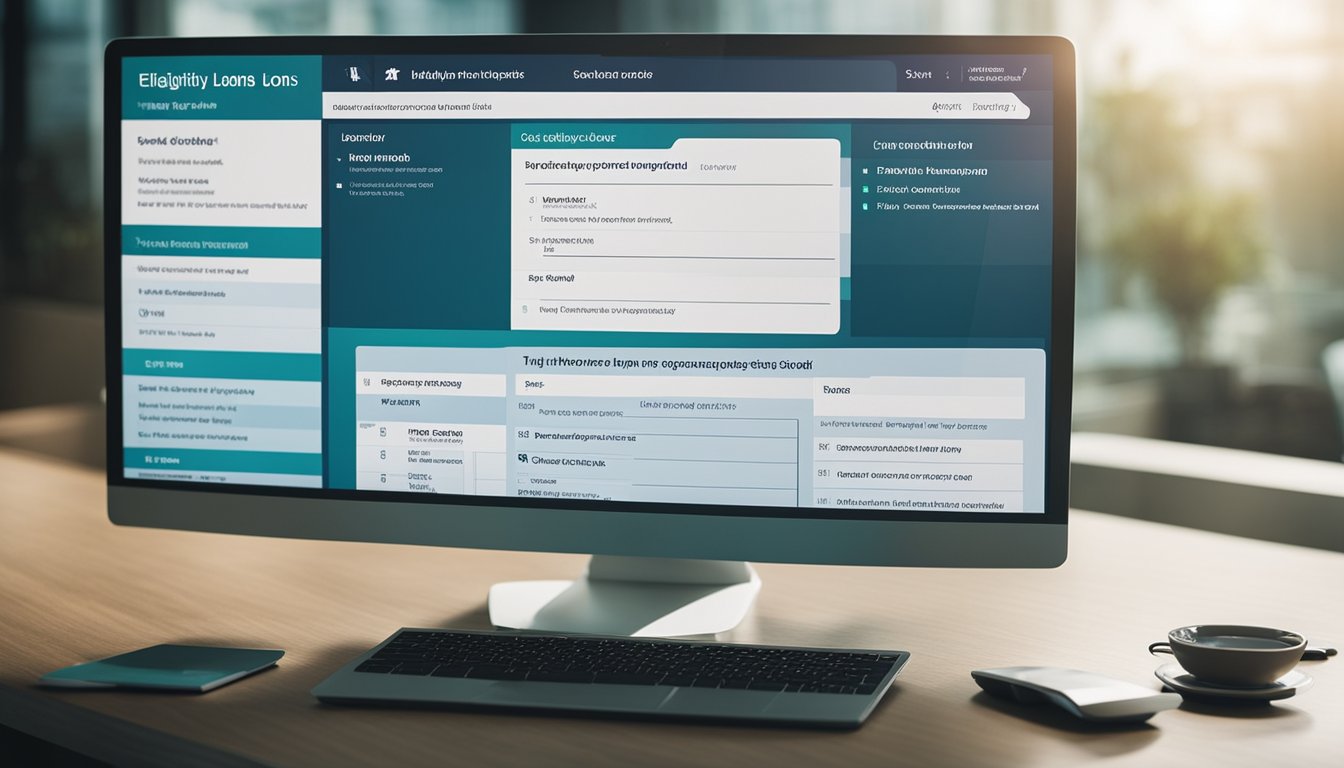
When considering a personal loan, there are a few additional factors to keep in mind beyond the basic eligibility criteria. In this section, we’ll explore some of these factors to help you make an informed decision.
Use of Loan for Life Events
Personal loans can be used for a variety of purposes, including weddings, education, renovations, vacations, and more. When deciding how much to borrow, it’s important to consider the purpose of the loan and how much you’ll need to cover the associated costs. For example, if you’re taking out a loan for a wedding, you’ll need to factor in the cost of the venue, catering, decorations, and other expenses.
Loan Flexibility and Features
Different personal loans come with different features and flexibility. Some loans may allow you to make extra repayments or pay off the loan early without penalty, while others may offer a balance transfer option or allow you to add a guarantor. When comparing loans, it’s important to consider these features and how they might benefit you.
Collateral and Guarantor
Some personal loans may require collateral or a guarantor to secure the loan. Collateral is an asset that you pledge as security for the loan, such as a car or property. A guarantor is someone who agrees to repay the loan if you’re unable to. These options can make it easier to get approved for a loan, but they also come with added risk and responsibility.
Balance Transfer
If you have existing debt on high-interest credit cards or loans, you may want to consider a personal loan with a balance transfer option. This allows you to transfer your existing debt to the new loan, which often comes with a lower interest rate and better repayment terms. Keep in mind that balance transfer fees may apply, so be sure to factor this into your calculations.
Overall, when considering a personal loan, it’s important to look beyond just the basic eligibility criteria and consider your specific needs and circumstances. By doing so, you can find a loan that meets your needs and helps you achieve your financial goals.
Frequently Asked Questions
What are the essential qualifications needed to secure a personal loan in Singapore?
To secure a personal loan in Singapore, you must meet certain eligibility criteria set by the banks. The essential qualifications include having a stable job and a regular income, being of legal age (21 years or older), and having a good credit score. Banks such as DBS, POSB, and OCBC require a minimum annual income of S$20,000 to S$30,000 for Singaporeans and Permanent Residents (PRs) and S$45,000 to S$60,000 for foreigners.
How can an S Pass holder successfully apply for a personal loan in Singapore?
S Pass holders can apply for personal loans in Singapore, but they must meet certain eligibility criteria. They need to have a valid S Pass and a minimum annual income of S$45,000 to S$60,000. They also need to have a good credit score and a stable job with a regular income. Some banks may require additional documentation, such as proof of employment and a valid work permit.
Could you list the criteria that affect one’s eligibility for a personal loan?
Several factors affect one’s eligibility for a personal loan in Singapore. These include the applicant’s age, income, credit score, employment status, and loan amount. Banks may also consider the applicant’s debt-to-income ratio, which is the percentage of their income that goes towards paying off debts. Having a high debt-to-income ratio could affect one’s chances of being approved for a personal loan.
Are foreigners able to obtain personal loans in Singapore and what are the requirements?
Foreigners can obtain personal loans in Singapore, but they must meet certain eligibility criteria. They need to have a valid work permit, a minimum annual income of S$45,000 to S$60,000, and a good credit score. Some banks may require additional documentation, such as proof of employment and a valid passport.
What steps should one take to ensure they meet the personal loan eligibility conditions?
To ensure you meet the personal loan eligibility conditions, you should check your credit score and make sure it is in good standing. You should also ensure that you have a stable job with a regular income and that you meet the minimum annual income requirements set by the banks. If you have any outstanding debts, you should try to pay them off before applying for a personal loan. It is also important to provide accurate and up-to-date information on your application form.
What documentation is typically required for expatriates seeking personal loans from banks like DBS, POSB, or OCBC?
Expatriates seeking personal loans from banks like DBS, POSB, or OCBC typically need to provide proof of income, such as their employment contract or payslips. They may also need to provide their passport and work permit, as well as proof of address, such as a utility bill or rental agreement. Banks may also require additional documentation, such as bank statements or income tax returns.
EXPERIENCE EASE IN LOAN APPLICATION – Quick Credit Pte Ltd
In Singapore, the demand for Personal Loans has surged significantly. This surge is fueled by the escalating day-to-day expenses and various personal needs such as planning vacations or acquiring the latest gadgets. These needs vary from person to person.
When faced with expenses beyond immediate means, a Personal Loan becomes an advantageous solution.
To initiate a Personal Loan application with Quick Credit Pte Ltd, a licensed moneylender in Jurong, applicants are required to furnish:
- NRIC / Work Pass
- Most recent 3 months payslip
- CPF Contribution Statements
- Proof of Address
Ease into the process effortlessly with Quick Credit Pte Ltd.
